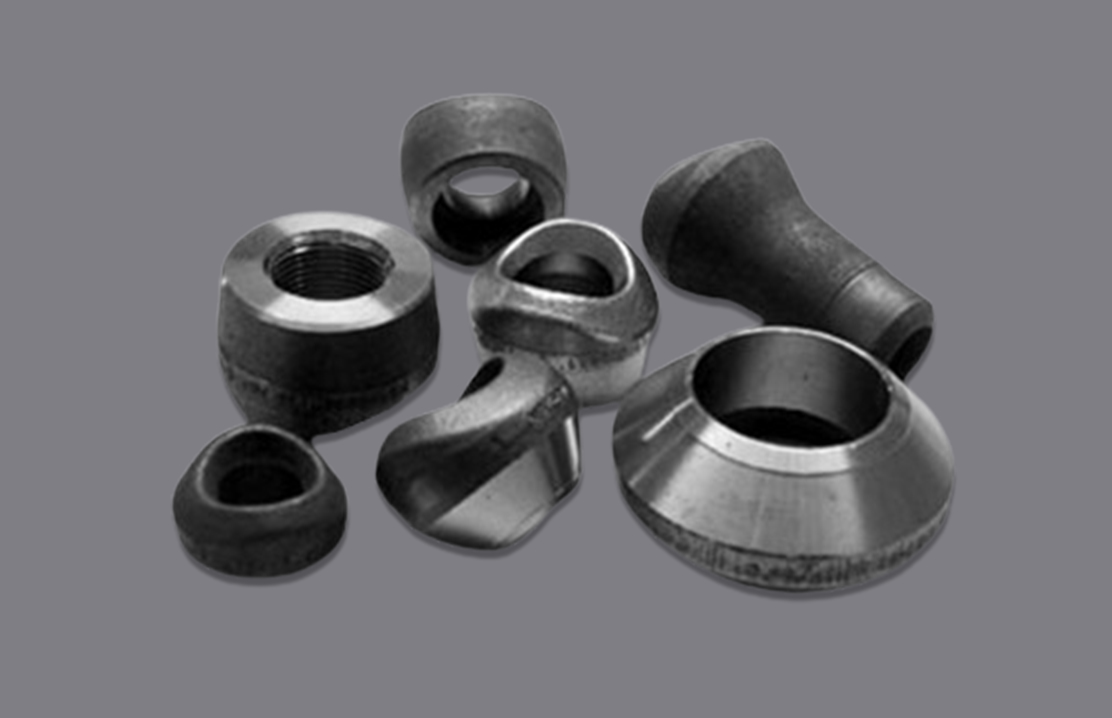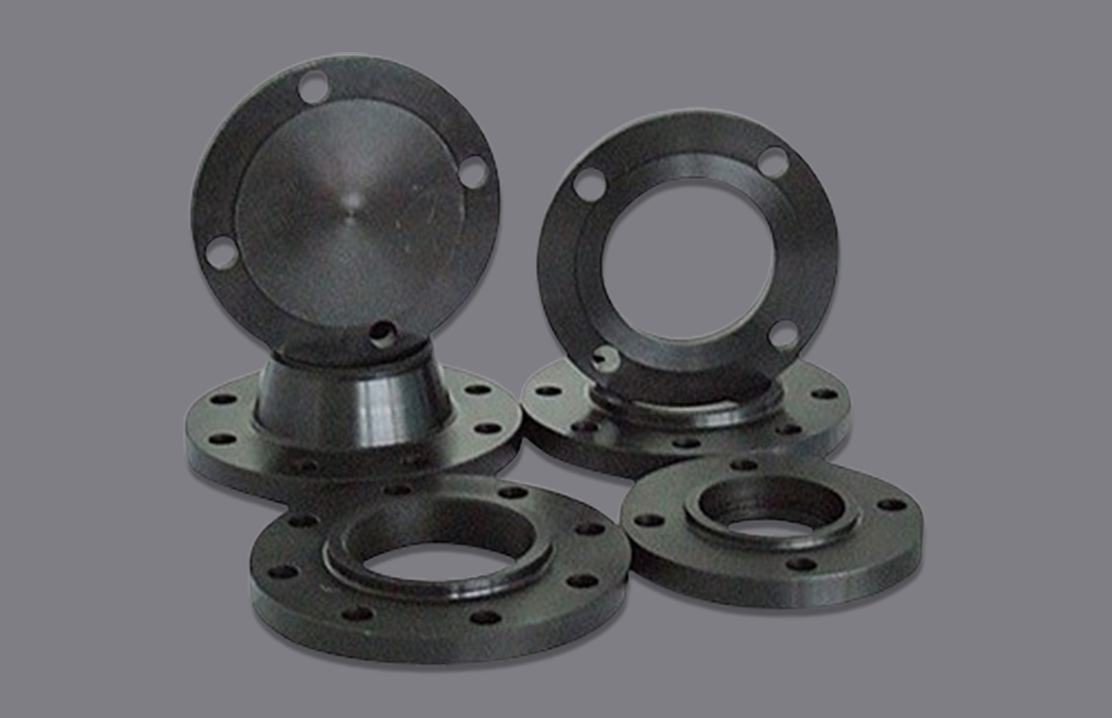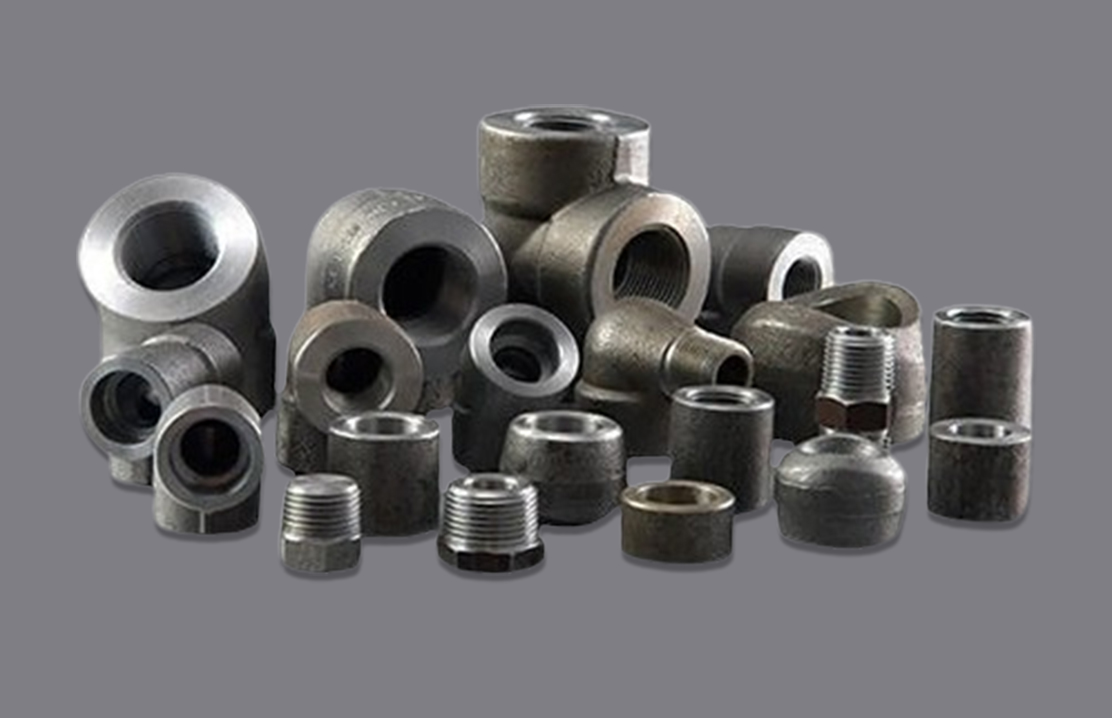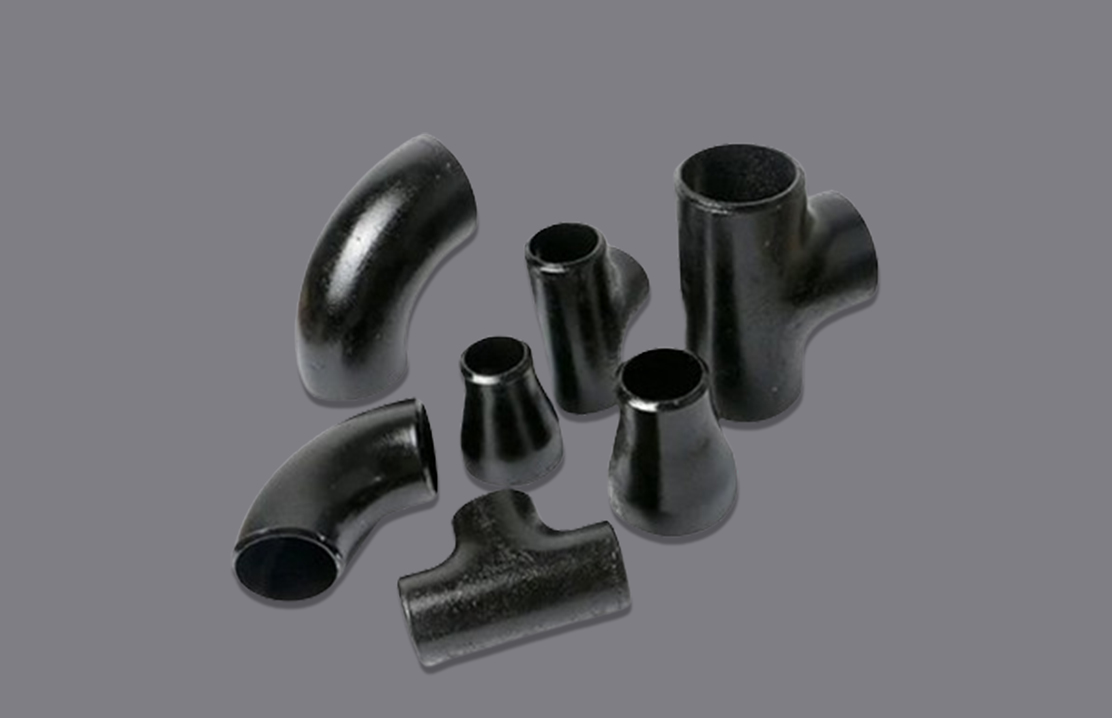Carbon Steel Plugs and Bushings
Home - Carbon Steel - Carbon Steel Forged Pipe Fittings - Carbon Steel Plugs and Bushings
Carbon Steel Plugs and Bushings
Achieve secure pipe termination, reliable size transitions, and leak-proof connections with EBY Fasteners’ premium Carbon Steel Plugs and Bushings. Manufactured to strict industry standards for quality and compatibility, they ensure dependable performance within your demanding industrial piping systems
Discover the ideal Carbon Steel Plug or Bushing for your next project. Our team is here to guide you, offering a wide range of sizes, pressure ratings, and connection types designed to simplify your piping work. EBY Fasteners understands the crucial role these components play in the efficiency and safety of industrial piping networks


Experience the EBY Fasteners difference. Contact us today for robust Carbon Steel Plugs and Bushings, expert support, and solutions that streamline your piping installations and minimize downtime


Experience the EBY Fasteners difference. Contact us today for robust Carbon Steel Plugs and Bushings, expert support, and solutions that streamline your piping installations and minimize downtime
- Grade : The specific grade of carbon steel used in your plugs and bushings will significantly affect their properties. Strength, resistance to corrosion, and suitability for temperature extremes all depend on the grade chosen. Selecting the right one is key to ensuring the safe and dependable operation of your piping system
- ASTM A105, A105N : This versatile grade is a common choice for forged carbon steel components. It offers a good balance of strength, affordability, and weldability (if needed), making it suitable for plugs and bushings in various piping applications. The "N" signifies a normalized state, which provides improved toughness for the steel
- ASTM A234 WPB : This grade is another good option for plugs and bushings, especially for those used in pressurized piping systems. The "WP" designation highlights its suitability for pressure applications, and "B" denotes a common steelmaking process
- Choosing Wisely : Both grades can be appropriate, but selecting the optimal one depends on the demands of your piping system. It's crucial to consider factors such as operating temperatures, internal pressures, and whether any corrosive elements are present within the fluids transported by your pipes
- Specifications : These parameters define the key characteristics of carbon steel plugs and bushings. Understanding these guidelines ensures you select the right components and guarantees compatibility within your piping system
- Standards :
- ASTM A105/A105N : These cornerstone standards for forged carbon steel components ensure reliability and suitability for industrial use
- ASME/MSS/BS : These standards dictate precise dimensions and threading configurations. This adherence means a predictable fit and leak-tight seal when integrated with other standard pipes and fittings
- Size Range : The specified range of 1/8" to 4" NB with threaded connections indicates these plugs and bushings are for smaller to mid-sized piping. Proper sizing is essential for a secure connection
- Pressure Ratings : Options like 2000 LBS, 3000 LBS, and so on denote the plug or bushing's safe working pressure limit. It's critical to choose a rating exceeding the highest pressures your system will experience to ensure safety and prevent leaks
- Plugs :
- Secure Sealing : Designed to provide a leak-tight seal at the end of a pipe, plugs are used for both temporary and permanent flow termination. This can be crucial for maintenance, testing, or isolating sections of your piping system
- Robust Construction : Forged or manufactured from carbon steel, these plugs offer strength and durability suitable for demanding industrial environments. This inherent strength allows them to withstand the pressures and potential stresses within your system
- Pressure Handling : Available in various pressure classes, plugs can be matched to the specific pressure demands of your piping system. Selecting the correct class ensures safe and reliable operation
- Versatility : Often threaded for easier installation and the potential for future removal if needed. This adaptability makes them useful in systems where changes or maintenance access might be required
- Bushings :
- Diameter Reduction : The primary function of a bushing is to enable a seamless connection between pipes of different sizes. They create a smooth, leak-free transition, which is essential for maintaining flow efficiency and system integrity
- Robust Construction : Like plugs, bushings are forged or manufactured from carbon steel to withstand the stresses experienced within piping systems. This strength is particularly important when connecting pipes of different diameters
- Secure Connection : Often threaded to provide a leak-tight and reliable connection point. Threaded bushings offer ease of installation and the ability to be disassembled if needed for maintenance or system modifications
- Pressure Handling : Bushings are available in different pressure classes to align with the requirements of your specific application. Ensuring the bushing's pressure rating matches or exceeds your system's pressures is crucial for safe operation
- Overall :
- Dimensional Standardization : Adherence to standards like ASME or MSS ensures compatibility with standard pipes, fittings, and across different piping systems. This guarantees a predictable fit and simplifies installation
- Material Options : While carbon steel is the most common material for plugs and bushings, other options are available. These might include stainless steel or specialty alloys for addressing specific corrosion concerns or particularly harsh operating environments within your system
- Refinery & Petrochemical : Within refineries and petrochemical plants, carbon steel plugs are essential for isolating sections of process lines during maintenance, terminating unused taps or sampling ports, and enabling repairs. Bushings facilitate smooth transitions in process lines of varying diameters and ensure proper connections to equipment or instrumentation lines
- Chemical : In chemical processing industries, carbon steel plugs are used to seal and cap various chemical transfer lines and unused connections on process equipment. Bushings play a role in integrating smaller diameter branch lines into main systems or connecting specialized instruments that require smaller pipe sizes
- Oil & Gas : The oil and gas industry utilizes carbon steel plugs to temporarily seal upstream and downstream pipelines during maintenance or construction. Additionally, plugs are used to block unused connections on equipment. Bushings ensure seamless transitions between different diameter pipes commonly found in gathering lines and processing facilities
- Power Plant : Carbon steel plugs find use in power generation plants by capping water supply lines during maintenance procedures or sealing unused taps on less critical process lines. Bushings enable necessary size transitions within water lines and the creation of branches for connecting smaller auxiliary equipment
- Industrial Machineries : In the world of industrial machinery, carbon steel plugs are employed to temporarily seal or terminate hydraulic, lubrication, and cooling lines during maintenance tasks. Bushings allow for seamless integration of smaller components and instrumentation by transitioning between different pipe sizes within machinery systems
Chemical Composition
| Element | Composition |
|---|---|
| Carbon | 0.10 - 0.20% |
| Manganese | 0.60 - 1.05% |
| Phosphorous | 0.035% max |
| Sulfur | 0.040% max |
| Silicon | 0.10 - 0.35% |
Carbon Steel Forged Pipe Fittings
- Carbon Steel 45-degree Elbow
- Carbon Steel 90 degree & Reducing Elbows
- Carbon Steel Cross Tee
- Carbon Steel Equal Tee
- Carbon Steel Forged Cap
- Carbon Steel Forged Full, Half and Reducing Coupling
- Carbon Steel Forged Nipple
- Carbon Steel Forged Union
- Carbon Steel Plugs and Bushings
- Carbon Steel Reducing Insert Fitting
- Carbon Steel Swage Nipples
- Carbon Steel Unequal Tee






